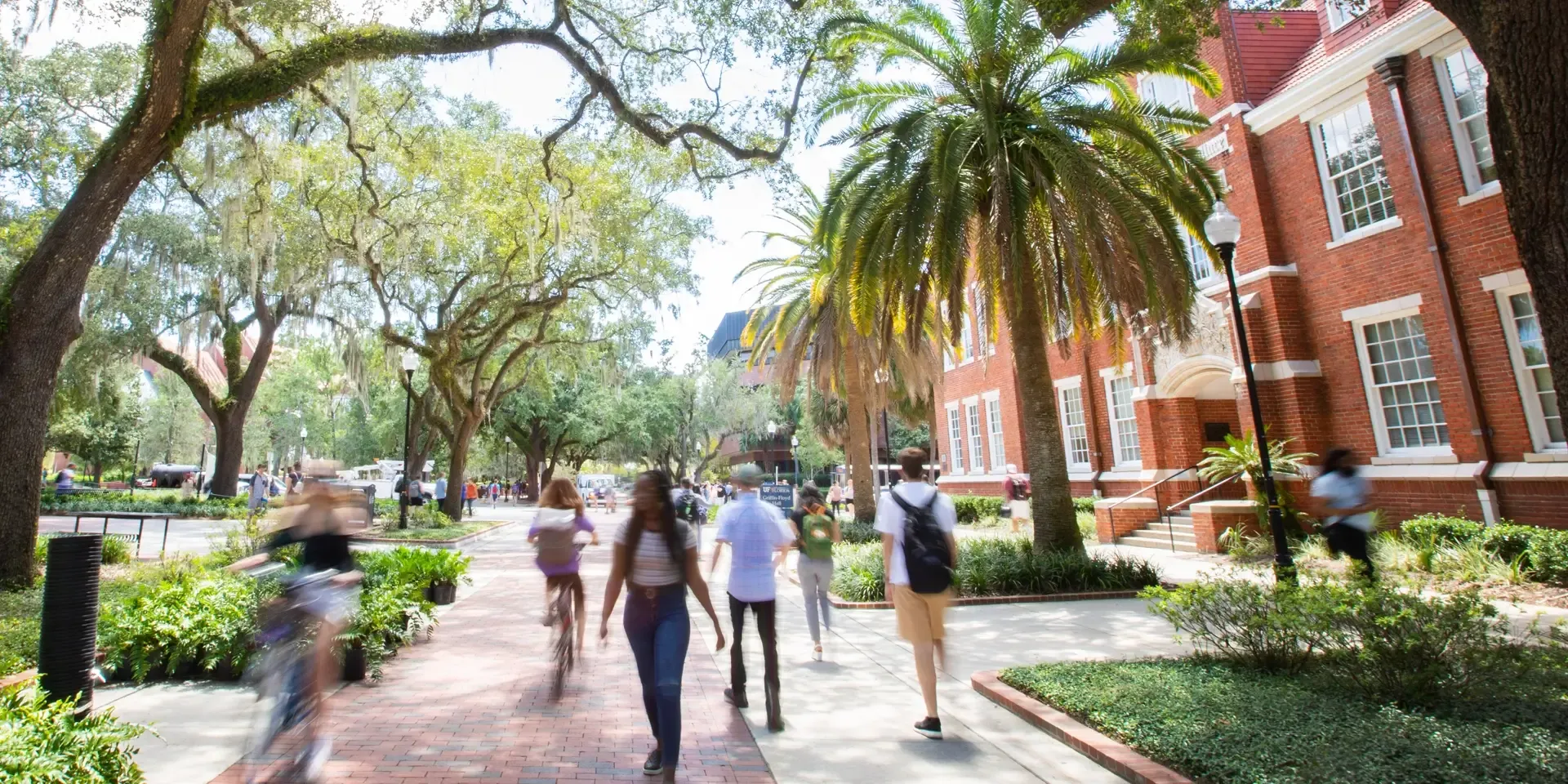Contact Us
Phone:
Email:
Location:
1234 Street Name, City, State 12345
Hours:
Mon - Fri 8am to 4pm
Follow the Left’s Example to Reform Higher Ed
Identify areas, like civics, that are inadequately studied and create new programs around them.

By Benjamin Storey and Jenna Silber Store
The Wall Street Journal
January 26, 2024
Conservatives have an extraordinary opportunity to reform higher education. Universities face a perfect storm of falling enrollments, souring public opinion and political scrutiny. They need friends. Prudent administrators should be eager to work with those whose opinions they might have previously ignored.
Yet conservatives should be sober-minded about their prospects. Efforts to reform higher education have been underway since William F. Buckley sounded the alarm in his 1951 book “God and Man at Yale,” yet conservatives have continued to lose ground on campuses. While considering their next moves, they should ask: Why has the left been so successful at moving the academy in their direction?
The left’s most enduring victories on campus have been led by academics who think academically. The right should learn from their playbook.
When the academic left seeks to innovate, they do what scholars have always done: They create new disciplines. Academics who thought women’s lives and perspectives were neglected created women’s studies. Those who saw that scholars overlooked the literature, history, and art of black Americans created African-American studies.
This is a legitimate tactic. It’s how universities work. Academics perceive that some phenomenon is overlooked by existing modes of inquiry. They write studies about it; they describe ways of examining it. They attract scholars in related subjects, who become the initial faculty of the new programs. They develop ways of thinking that cohere as a discipline, in which students can be trained. They create associations; journals spring up; grants get funded; students get degrees. One generation of faculty acts as mentors to the next.
To make enduring change in the academy, conservatives must identify important areas that aren’t getting attention and create programs to study them.
The most promising academic innovations today are Republican-led efforts at public universities to remedy the deficit in university-level civic education. Arizona State University’s School of Civic and Economic Thought and Leadership, or SCETL, is the model. The Arizona Legislature launched it in 2016, and political scientist Paul Carrese developed the program. SCETL now employs 20 faculty, teaches more than 1,000 students annually, and has bipartisan support. Its success has encouraged similar efforts in Florida, Texas, Tennessee,
Mississippi, Utah, North Carolina and Ohio.
Such schools have significant latitude to hire their own faculty and set curricula. The first-rate faculty who lead them therefore can develop a research and teaching program with its own purpose, practices and standards.
Each such school is distinctive. What links them is the mission of creating a new model of university-level civic education. We call this model Civic Thought. The elements of Civic Thought are derived from the intellectual demands of American citizenship, which requires the ability to deliberate about everything from war to education. Equipping the mind for such responsibility is an ambitious intellectual project, fully worthy of the university. Many courses already exist on topics important to Civic Thought. That is quite common in university life.
The periodic table isn’t the exclusive property of the chemistry department. You can study religious questions in anthropology or English or history. Academic fields of study aren’t mutually exclusive domains; they are distinct but interrelated. Developing new centers of gravity can shift the dynamics of the academic universe.
Civic Thought is but one example of how reformers might alter the academy’s landscape. There are plenty of other opportunities to create new fields of study. The contemporary university is notoriously fragmented, and many things worth studying slip through the cracks. This is particularly so in academic areas where conservative scholars tend to cluster, such as in political and military history, classics, theology, political theory and certain subfields of philosophy. With a little ingenuity, scholars could devise new programs.
To do this work well, trustees, donors and policymakers need to form partnerships with scholars who have the knowledge and imagination to foresee what intellectual projects might breathe new life into the university. They also need to understand that building new disciplines is long-term work. Such projects aren’t instantly “scalable,” because they depend on professors. It takes at least five years to mold a promising college graduate into a Ph.D. Most scholars in the academic areas most in need of reform—the humanities and social sciences—do their best work in their 50s and 60s.
Reformers should take this opportunity to make the crucial first moves in what will be a long game. They need to seek out scholars with impressive academic competence and energetic vision, put hiring and curricular power into their hands, and support them in launching intergenerational projects of study.
Some projects will prove unviable; others will be subsumed by the academic status quo. But the ones that succeed make a profound mark on campus.
At the top of the classic list of conservative strategies for reforming higher education are policies to ensure free speech and institutional neutrality on campus. Such policies are useful but indicate only the guardrails of academic life. The disciplines and the professors who staff them drive the conversation. To play the academic game, you need to get on that field.
Mr. Storey and Mrs. Storey are senior fellows at the American Enterprise Institute and research fellows at the University of Texas’ Civitas Institute.
Join and Be Updated
DFTD Sends monthly newsletters and periodical updates. Use the form below to stay updated.
Location:
PO Box 355
Davidson NC, 28036
Hours:
Mon - Fri 9am to 5pm
© 2022 All Rights Reserved | Davidsonians for Freedom of Thought and Discourse
Privacy Policy | Terms & Conditions | Disclaimer
Website powered by Neon One



